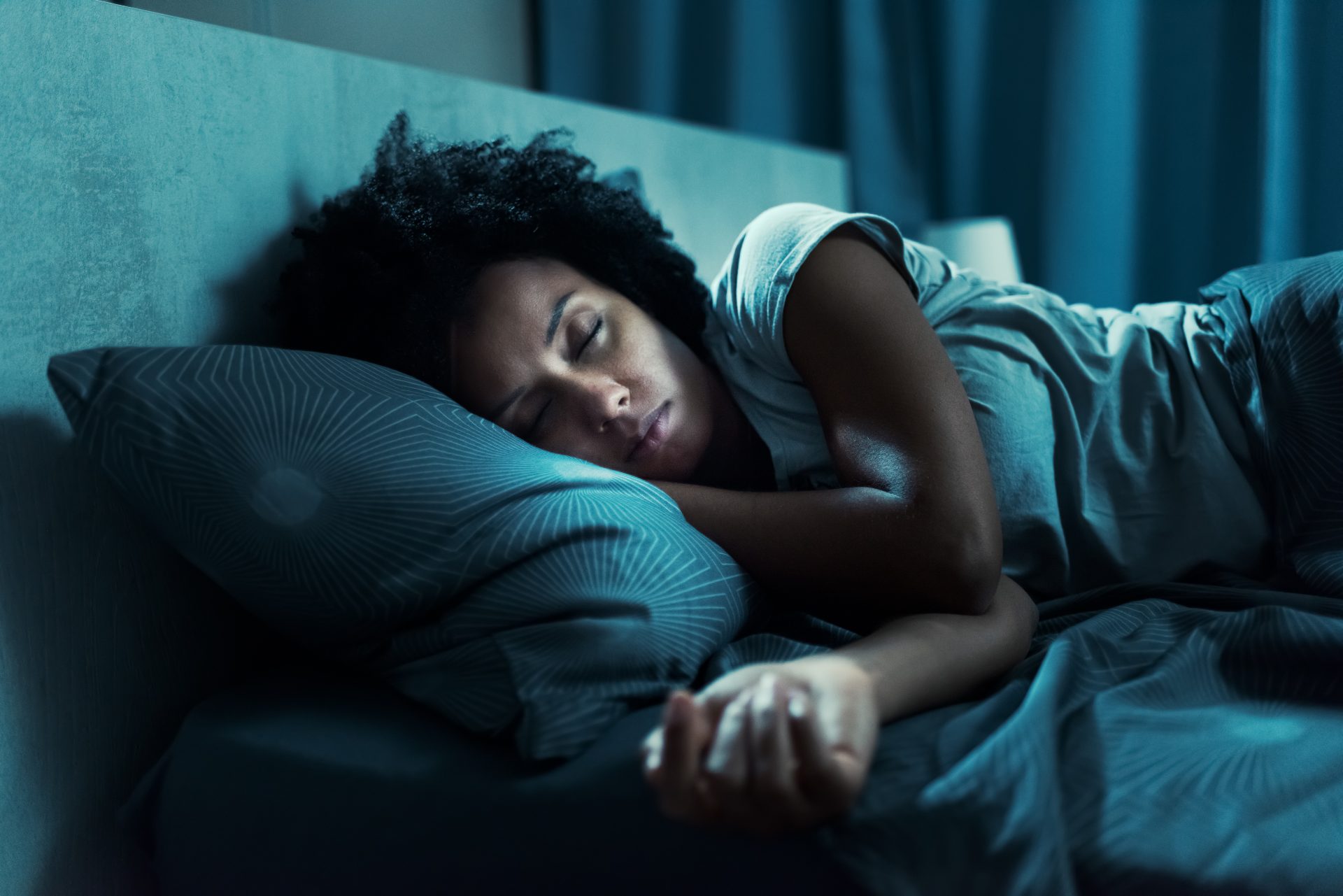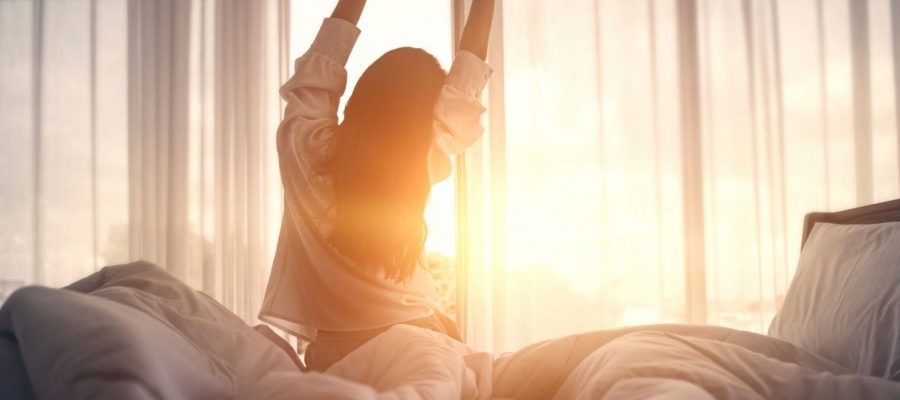Our chronotypes – that is, whether we identify more as an early bird or a night owl – are what make us feel sleepier at certain types of the day and more alert at others. But is one chronotype linked to higher intelligence?
Early birds tend to wake up and go to sleep early, while night owls have later bedtimes and wake up later in the mornings. While there’s plenty of debate about whether one is better than the other for health, a new study from the University of Ottowa suggests that our chronotypes are also linked to intelligence.
In the study, 66 women wore an activity monitor for 10 days to assess their bedtime, rise-time and total sleep time, and their cognitive abilities were tested at the end of the study.
The results? Early birds were found to have a more stable circadian rhythm, which Stuart Fogel, director of the University of Ottawa’s Sleep Research Laboratory, believes is what “drives intelligence”.
You may also like
10 proven ways to get a great night's sleep
“The circadian rhythm is generated by the master clock in the brain, an area of 50,000 cells near the hypothalamus [the hormonal control centre of the brain],” says Dr Kat Lederle, sleep scientist and therapist. Essentially, it’s our body’s 24-hour internal clock that regulates our sleep-wake pattern.
Similar to previous research, this study found that night owls tend to have better verbal abilities. However – and here’s the surprising part – once age was taken into account, early birds in later adulthood had better verbal intelligence.

Is it better to be a morning person?
Dr Lederle explains that “previous studies have suggested a link between a preference for eveningness (later bedtimes) and intelligence. This new study shows that it is not that straightforward; in fact, morning types have better verbal abilities.” That might mean that setting your body clock to be an early riser might make you a better communicator – a skill associated with effective work and personal relationships.
However, Dr Lederle notes that we can’t claim one ‘type’ of sleeper is more intelligent than the other. “Also, talking about ‘two types’ is incorrect; chronotype and circadian preference are better thought of as a continuum, and only a few people are on the extreme ends,” she says.
Should we be comparing chronotypes?
“I think it’s important to not ‘compare’ larks and owls with the aim to prove one is better than the other,” says Lederle. “They both have advantages and disadvantages, which were useful to our ancestors. And I would argue that although they are still both useful, society should be less rigid and allow individuals to sleep and be active according to their needs.”
You may also like
Are naps good for you? Experts explain how they affect your sleep
So, does the early bird really get the worm?
“I’ve been wondering about this for a long time,” says Lederle. “Our society favours larks (early birds) – work and school times both start early. That puts night owls at a disadvantage because it is more difficult for them to get the sleep they need. But, if we had flexi-times at work, and school started according to the age of the children, would things look different?”
The message seems to be clear: it’s not about one chronotype being better than the other. Our early bird and night owl tendencies both have their benefits – but it’s important to realise that society and work culture are often designed to benefit early birds more.
Images: Getty
Source: Read Full Article
